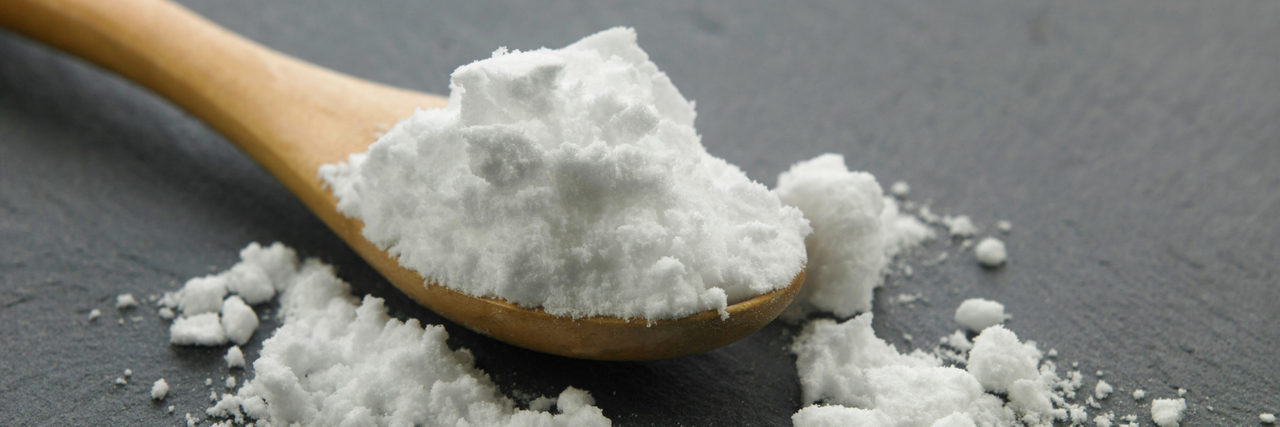Researchers Say Drinking Baking Soda May Treat Some Autoimmune Diseases
Editor's Note
Please see a doctor before starting or stopping a medication or trying an alternative treatment.
Drinking water with baking soda may combat inflammation-related autoimmune diseases like rheumatoid arthritis, according to scientists who recently published a study in The Journal of Immunology on the effects of sodium bicarbonate (baking soda) on the anti-inflammatory properties of the spleen.
The study was conducted on both rats and a smaller group of healthy humans who did not have an autoimmune disease. Researchers found that the baking soda solution promoted a “powerful anti-inflammatory response” in the spleen, an organ that plays a role in immune function.
According to the study, baking soda triggers the stomach to produce more acid that can help digest your next meal. Mesothelial cells line the digestive tract and other body cavities and keep organs from rubbing against each other. These cells also relay environmental information to warn organs like the spleen that an immune response may be needed to protect itself, according to the study’s statement.
When drinking baking soda, the mesothelial cells tell the spleen no immune response is needed, that you don’t need to be protected from what you are eating.
“It’s most likely a hamburger not a bacterial infection,” said Paul O’Connor, renal physiologist Augusta University and one of the study’s authors, in a statement.
After drinking the baking soda solution, the microphages — a type of immune cell in the spleen, blood and kidneys — switched from mainly promoting inflammation to reducing inflammation.
Consuming baking soda would be a convenient and cost-friendly way to help treat an autoimmune disease, but O’Connor told The Mighty this study does not mean people should start drinking baking soda as a way to treat their illnesses. There’s no way to know how much baking soda would need to be consumed, and the study was done with 12 individuals who did not have autoimmune diseases. Further studies are needed before any sort of clinical implication can be found.
Photo via Getty Images/eskaylim

